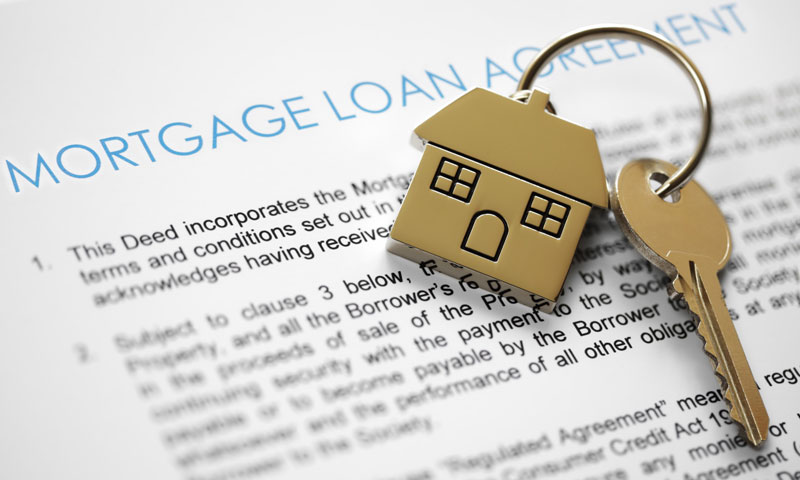Are you thinking about buying a new or new-to-you home? If the answer is yes, you may already have an idea of what type of house you’d like, how much space is necessary, and that you will likely need a mortgage loan.
As daunting as choosing the perfect home can be, applying for a standard mortgage might be even more intimidating. There are other options, so learning the difference between a conventional vs va loan is important. You know that there are stipulations about down payments, credit scores, and monthly income–but what exactly are the qualifications?
We’re going to take a look at what conditions you must have to meet your lender’s approval. Keep reading for more information!
Table of Contents
Your Down Payment
Years ago, to purchase a home, you were required to have a 20% down payment to qualify for almost every loan. For the most part, those days are over–but remember that the bigger your down payment, the lower your monthly note.
With this said, certain loan types require around 3.5% of the total cost of the house while others do not require any money down.
Your Credit & Obtaining a Standard Mortgage
If you are choosing to apply for a conventional mortgage, you will need an excellent credit rating to avoid the 20% down payment. For these purposes, ‘excellent credit’ is a score of 620-640.
Don’t worry if your credit is a bit below this number as reverse mortgage companies will help you explore every option to gain approval. Sometimes this means that you will have to apply for an FHA loan instead of a conventional loan or opt to use a higher down payment.
Debt to Income Guidelines
Perfect credit and a large down payment aren’t always enough to qualify for a home loan. The lender will also take a look at your debt to income ratio.
This ratio is exactly how it sounds: how much debt you have versus how much money you make. Unfortunately, not every monthly payment is always considered and items like food, utilities, and health or auto insurance may be left out.
Because these monthly expenses are sometimes excluded, the lender may qualify you for more than you can comfortably pay. It is worth comparing your personal calculations versus theirs to ensure you don’t bite off more than you can chew.
Your debt to income ratio can also be affected if you are a co-signer for a friend’s loan (even if you don’t pay it!) To ensure this doesn’t happen, your friend may need to refinance the loan or provide bank statements showing that they are the ones making payments.
A Word on Interest Rates
There is no set way to determine interest rates as they will vary depending on the loan type and lender. The rate is also affected by your credit score, debt to income ratio, and possible down payment.
A good way to think about interest rates is in relation to risk: the riskier the lender perceives the loan, the higher the interest rate. To ensure the best rates, do what you can to raise your credit, lower your debt to income ratio, and save for a down payment–but also shop for the best deals.
If you have a story about your standard mortgage approval or mistakes to avoid, leave it in the comments below!
















